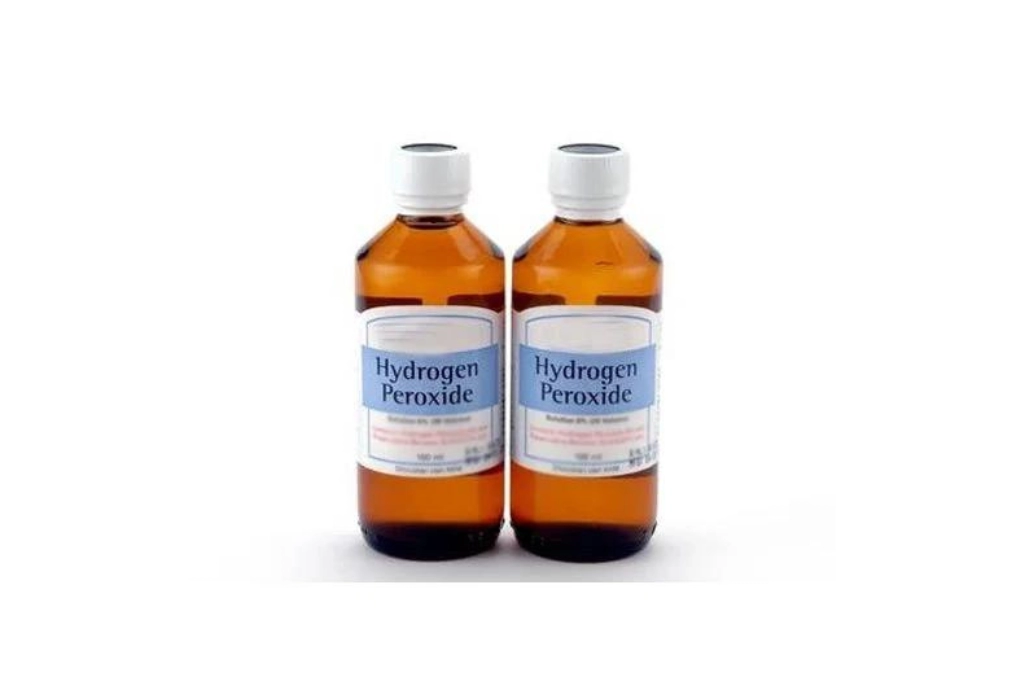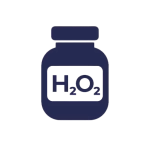Understanding the differences between hydrogen water and hydrogen peroxide is essential, particularly when comparing their uses and safety. The discussion on “hydrogen water vs hydrogen peroxide” highlights not only their chemical distinctions but also their applications in daily health and industrial practices. While hydrogen water is promoted for its health benefits, such as increased antioxidant levels, hydrogen peroxide is recognized for its efficacy as a disinfectant and cleaner.
Using these substances safely and effectively can have a significant impact on health outcomes. Hydrogen water is safe for regular consumption and is believed to improve wellness by enhancing hydration and reducing oxidative stress. On the contrary, hydrogen peroxide, which is beneficial for its antibacterial properties, can be dangerous if misused, especially in a medical or domestic setting.
Through this article, we will explore both hydrogen water and hydrogen peroxide in-depth, providing a clear understanding of their benefits, risks, and the scientific truths behind common myths. This knowledge will empower individuals to make informed decisions, ensuring optimal health benefits and safety.
| Hydrogen Water | Hydrogen Peroxide |
|---|---|
| Primary Use: Health enhancement, hydration | Disinfection, cleaning, sterilization |
| Safe for consumption | Not safe for ingestion; can be harmful |
| Helps reduce oxidative stress | Acts as an oxidizer |
| May improve metabolic health, reduce inflammation | Used externally for wound cleaning, not for health enhancement |
| Potential therapy for conditions like diabetes, Parkinson’s | Primarily for infection prevention and wound care |
Benefits: Hydrogen Water vs Hydrogen Peroxide
Benefits of Hydrogen Water
Hydrogen water is acclaimed for its health-enhancing properties, primarily due to its antioxidant effects. Molecular hydrogen in this water can reduce oxidative stress, which contributes to chronic diseases. Studies have shown benefits like improved metabolic syndrome, which is marked by reduced blood sugar levels, cholesterol, and body fat.
Further research underscores hydrogen water’s potential to boost recovery after exercise. It has been found to decrease lactic acid buildup in muscles, enhancing overall athletic performance.
Read More: Exploring Hydrogen Water Bottle Benefits: A Guide
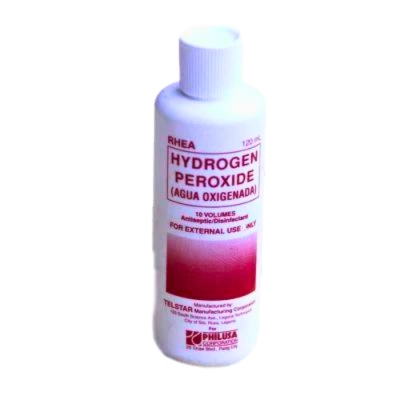
Hydrogen Peroxide Benefits
In healthcare, hydrogen peroxide is a staple for sterilizing equipment and surfaces. Its ability to kill bacteria, viruses, and fungi makes it essential for medical sanitation. It is also used in hospitals to prevent the spread of infections.
At home, hydrogen peroxide serves as a versatile disinfectant. It is used for tasks ranging from whitening laundry to treating minor wounds. Its effectiveness stems from its oxidative properties, which destroy pathogens by breaking down biological membranes.
This section highlighted the primary benefits of both hydrogen water and hydrogen peroxide, setting the stage for further discussion on their specific uses and safety considerations.
Uses: Hydrogen Water vs Hydrogen Peroxide
Uses of Hydrogen Water
Hydrogen water is increasingly popular for daily health maintenance due to its hydrating and antioxidant properties. Regular consumption is believed to enhance hydration more effectively than regular water, potentially leading to improved skin health and energy levels. In therapeutic scenarios, it is explored for its potential to alleviate symptoms of diseases like Parkinson’s and diabetes by reducing oxidative stress and inflammation.
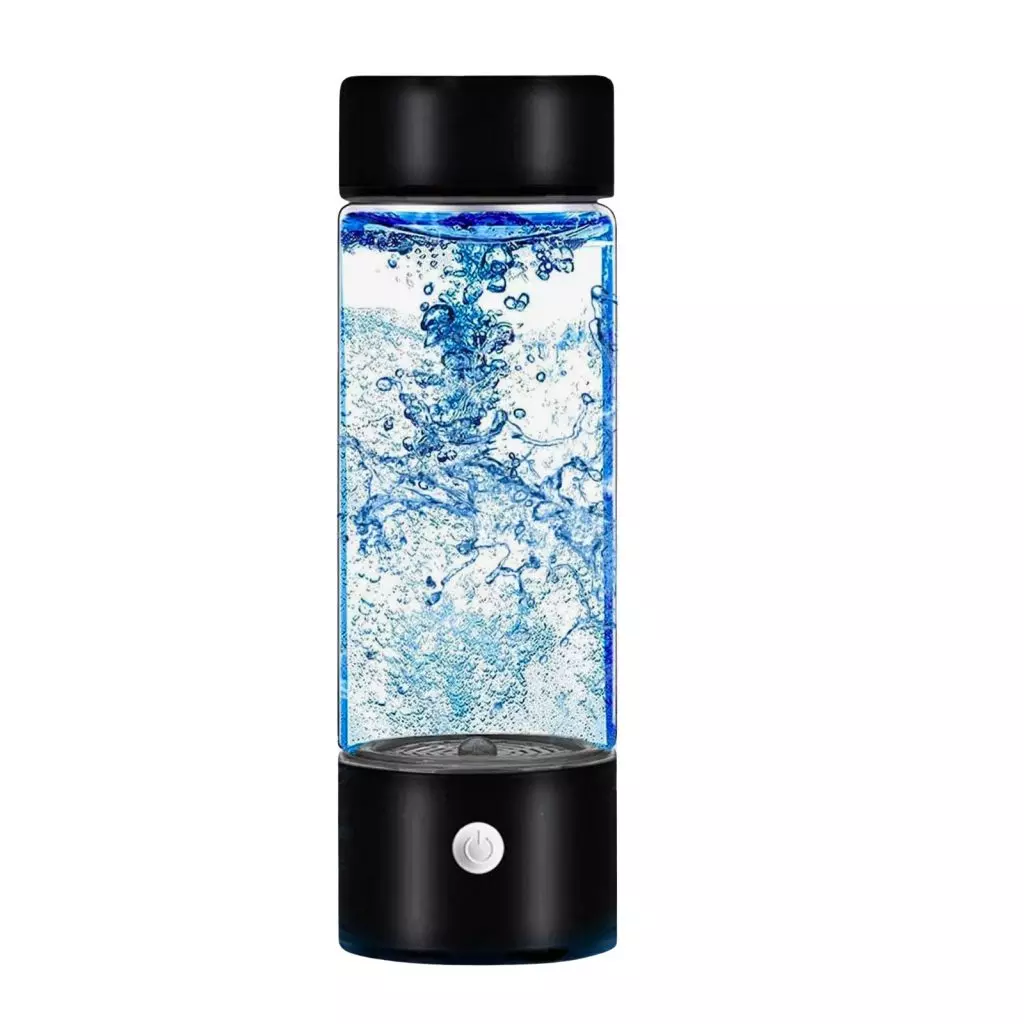
Uses of Hydrogen Peroxide
In the realm of disinfection and cleaning, hydrogen peroxide is invaluable. It’s commonly used in hospitals to sterilize equipment and surfaces, ensuring a germ-free environment for patient care. Beyond medical settings, hydrogen peroxide is a household staple for its effectiveness in cleaning surfaces, whitening clothes, and even as an oral rinse for its antibacterial properties.
Both hydrogen water and hydrogen peroxide are versatile in their applications, yet they cater to different needs—one focusing on health enhancement and the other on sanitation. The following sections will delve into the safety profiles and side effects associated with each, providing guidelines for their safe use.
Read More: Use of hydrogen peroxide as a biocide: new consideration of its mechanisms of biocidal action
Safety and Side Effects: Hydrogen Water vs Hydrogen Peroxide
Hydrogen Water Safety
Hydrogen water is generally considered safe for most individuals when consumed in moderation. It’s crucial, however, to adhere to recommended dosages, as excessive intake hasn’t been thoroughly researched for long-term effects. Typically, manufacturers will suggest optimal consumption levels, which should be followed to avoid potential imbalances.
Hydrogen Peroxide Safety
While hydrogen peroxide is effective as a disinfectant, it must be handled with care. Concentrations greater than 3% can be corrosive and cause severe skin burns or eye damage. It is crucial to dilute it properly and use protective gear such as gloves and goggles when handling higher concentrations. Ingesting hydrogen peroxide, even in small amounts, can be dangerous and requires immediate medical attention.
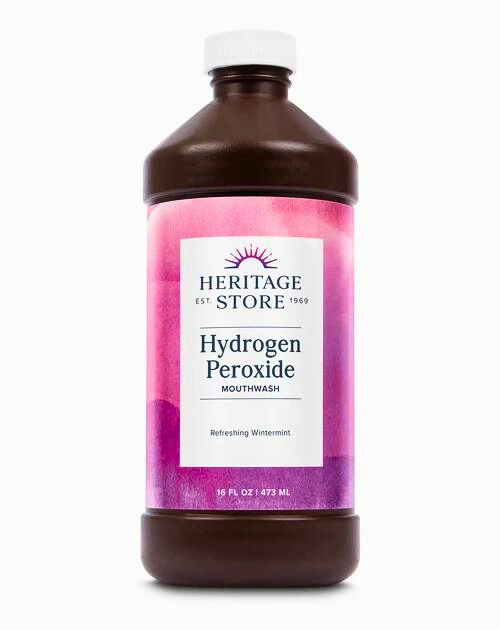
Side Effects
The side effects of hydrogen water are minimal and not typically severe, mainly involving digestive discomfort if overconsumed. For hydrogen peroxide, the risks are more significant; improper use can lead to respiratory irritation, skin burns, and, in severe cases, internal organ damage. This highlights the importance of understanding and respecting the chemical properties and recommended uses of each substance.
By observing these safety guidelines and being aware of potential side effects, users can effectively leverage the benefits of hydrogen water and hydrogen peroxide while minimizing risks. The next sections will explore their specific applications in health, cleaning, and disinfecting scenarios.
Specific Applications: Hydrogen Water vs Hydrogen Peroxide
For Health
Hydrogen water is utilized primarily for its antioxidant properties, which are believed to aid in reducing inflammation and combating oxidative stress related to chronic illnesses. Regular consumption is associated with improved well-being, including better cognitive function and energy levels. Conversely, hydrogen peroxide is used medically, mainly for its antiseptic properties, helping clean wounds to prevent infection.
For Cleaning and Disinfecting
Hydrogen peroxide stands out in cleaning and disinfecting. It is known for its ability to break down organic materials, making it highly effective against bacteria, viruses, and mold. For its broad-spectrum efficacy, hydrogen peroxide is used in various settings, from household kitchens to hospital rooms. While both substances can be used for sanitation, hydrogen peroxide is specifically favored for its strong disinfectant qualities.

For Skin
In skincare, hydrogen water is touted for its hydrating and anti-aging benefits, helping to keep the skin supple and reduce oxidative damage. Hydrogen peroxide, however, is used cautiously; at low concentrations, it can treat acne and whiten nails, but it must be used sparingly to avoid skin irritation or damage.
Understanding these specific applications helps highlight the distinct roles hydrogen water and hydrogen peroxide play in health and hygiene. The final sections will address myths surrounding each and provide a direct comparison to clarify their differences further.
Myths vs. Facts
Hydrogen Water Myths
A common myth about hydrogen water is that it can cure diseases. While it does offer benefits such as reducing oxidative stress and improving metabolic health, there is no scientific evidence to support claims that it can cure specific diseases. Another misconception is that it can replace medications for chronic conditions; however, hydrogen water should be considered a supplement to traditional treatments, not a replacement.
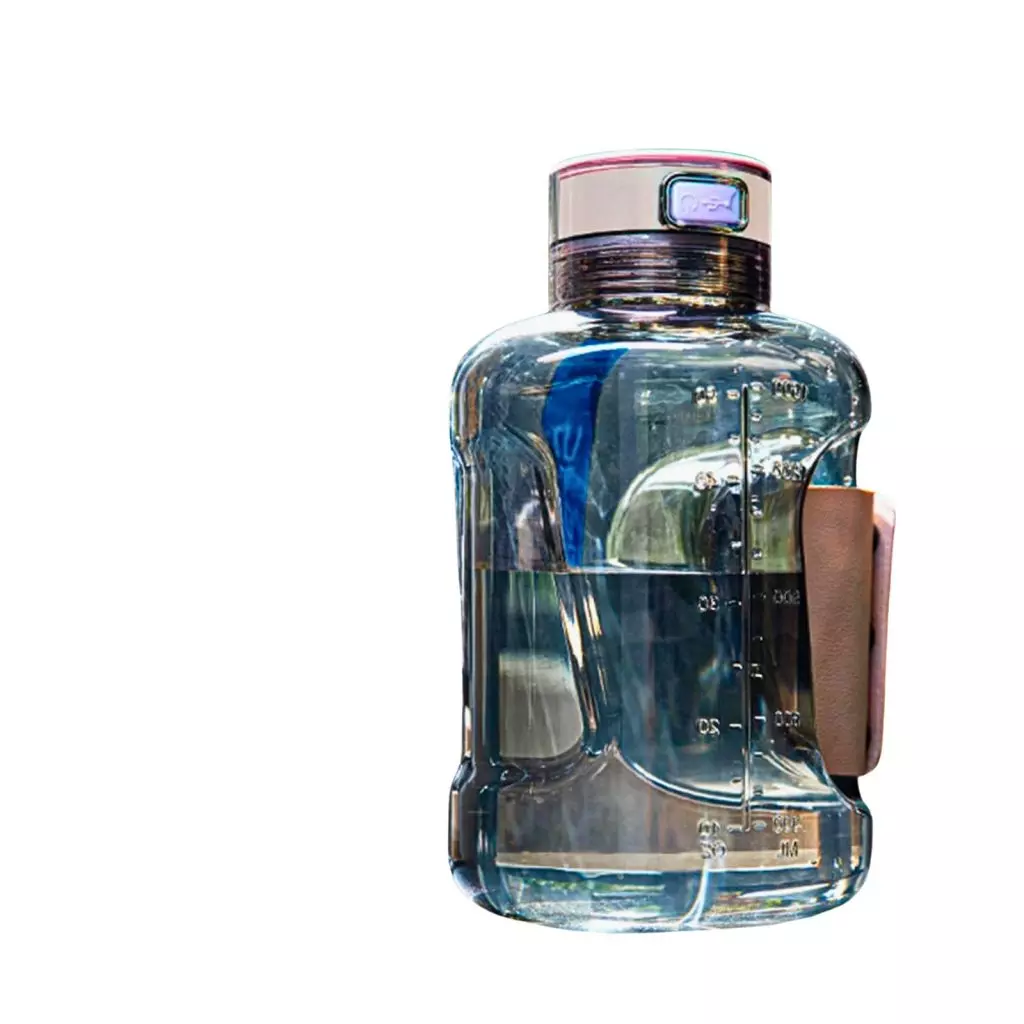
Hydrogen Peroxide Myths
One of the most prevalent myths about hydrogen peroxide is that it is safe to use as a regular oral rinse or for deep wound cleaning. Scientific evidence suggests that using hydrogen peroxide in high concentrations or regularly for oral care can damage soft tissues in the mouth and delay healing. It is essential to use it correctly and in recommended dilutions to avoid adverse effects.
By dispelling these myths with factual information, consumers can better understand how to safely and effectively use hydrogen water and hydrogen peroxide. This knowledge not only promotes safer practices but also ensures that these substances are used in beneficial rather than harmful ways. The final section will provide a direct comparison of hydrogen water and hydrogen peroxide, further clarifying their distinct properties and appropriate uses.
Direct Comparisons: Hydrogen Water vs Hydrogen Peroxide
Difference Between Hydrogen Water and Hydrogen Peroxide
Chemically, hydrogen water is water (H₂O) with dissolved hydrogen gas (H₂), which does not alter the water’s chemical structure but adds antioxidant properties. Hydrogen peroxide (H₂O₂), on the other hand, is water with an extra oxygen atom, making it a powerful oxidizing agent.
This structural difference affects stability and reactivity; hydrogen water is stable and non-reactive under normal conditions, while hydrogen peroxide is highly reactive and decomposes into water and oxygen, especially when exposed to light or heat.
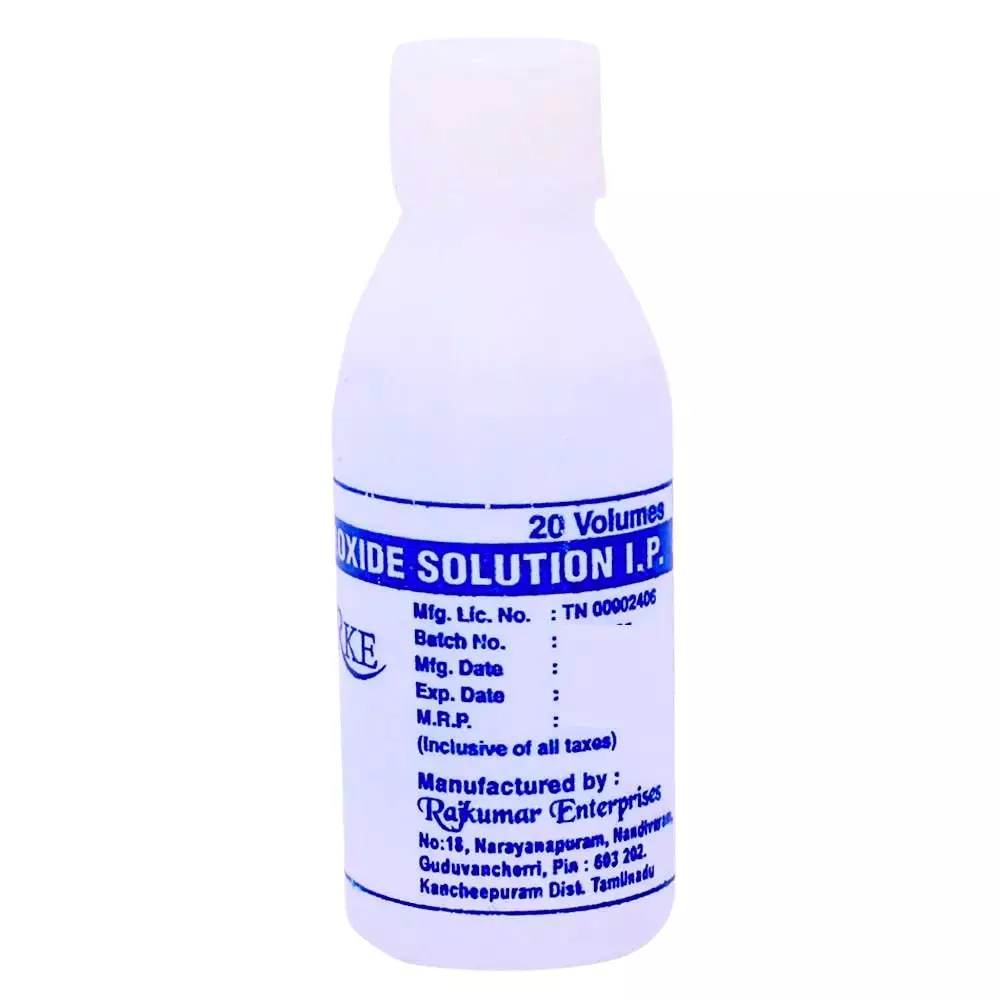
Is Hydrogen Water the Same as Hydrogen Peroxide?
Despite both containing hydrogen, they are not the same and serve different purposes. Hydrogen water is primarily used for health enhancement due to its antioxidant effects, and it is safe for ingestion and regular use.
Hydrogen peroxide, with its additional oxygen atom, has strong oxidative properties, making it ideal for disinfection and cleaning but unsafe for ingestion. Understanding these fundamental differences is crucial for their safe and effective application in daily life and medical settings.
This comparison underscores the importance of recognizing the distinct roles and safety profiles of hydrogen water and hydrogen peroxide, ensuring that each is used appropriately and beneficially.
Conclusion
This article has explored the distinct characteristics, benefits, and uses of hydrogen water and hydrogen peroxide, highlighting their differences in chemical structure, safety, and application areas. While hydrogen water is beneficial for its antioxidant properties and is safe for consumption, enhancing overall health, hydrogen peroxide serves as a powerful disinfectant, ideal for cleaning and medical sterilization, but it is not suitable for ingestion.
Choosing between hydrogen water and hydrogen peroxide depends on specific needs:
- For enhancing health and hydration, hydrogen water is the recommended choice.
- For effective disinfection and cleaning, hydrogen peroxide is the appropriate option, provided it is used with the necessary safety precautions.
Understanding these substances’ unique attributes allows consumers and healthcare professionals to utilize them effectively and safely, maximizing their benefits while minimizing potential risks. It’s crucial to dispel myths and base usage on scientific evidence and expert guidelines to ensure optimal outcomes.
Read More: The Best Hydrogen Water Bottles Of 2024
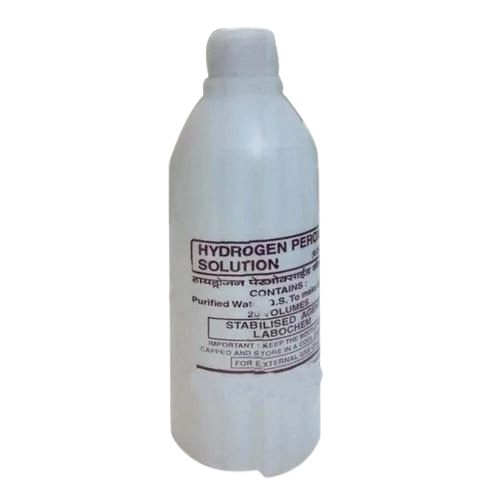
References
1. Ohta, S. (2011). “Recent Progress Toward Hydrogen Medicine: Potential of Molecular Hydrogen for Preventive and Therapeutic Applications.” Journal of Clinical Biochemistry and Nutrition, 48(1), 1-31.
2. LeBaron, T.W., et al. (2019). “The Effects of 24-week Molecular Hydrogen-Rich Water on Body Composition, Blood Lipid Profiles and Inflammatory Responses in Overweight Women: A Randomized Controlled Pilot Trial.” International Journal of Obesity, 43, 1869-1874.
3. Wolff, S.P., et al. (1986). “Hydrogen Peroxide as a Mediator of Potential Antitumor Agents.” Cancer Research, 46, 6463-6470.
4. HSE (Health and Safety Executive). (2020). “Hydrogen Peroxide: Health Hazards and Protective Measures.”
5. American Chemistry Council. (2021). “Hydrogen Peroxide: Uses, Storage, and Safety.”
6. U.S. Food and Drug Administration. (2018). “Is It a Cosmetic, a Drug, or Both? (Or Is It Soap?).“

